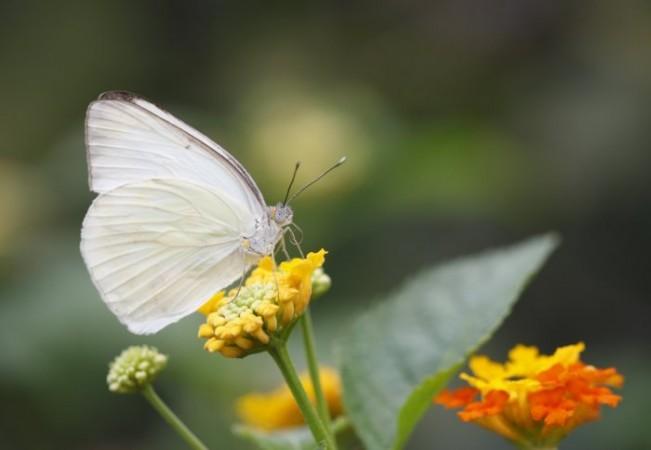
A new study report published in the journal Biological Conservation has revealed that the global insect count is plunging drastically, and if it goes unchecked, the ecosystem in which we live in will collapse. As ecosystem collapses, the survival of mankind will also come under threat, and finally, the earth will turn into a barren land very similar to the scene in Hollywood flick 'Mad Max: Fury Road'.
[ALSO Read: Successful Ryugu landing may lead Japan to shoot bullet to asteroid's surface]
Scientists made this alarming conclusion after analyzing 73 studies conducted all around the world. The study report found that more than 40 percent of insect species are declining, and the rate of extinction of these creatures is eight times higher when compared to birds, reptiles, and mammals. If it goes on like this, insects all across the globe will go extinct in the next hundred years.
Terming it as the sixth major extinction event that might impact life forms on our planet, researchers said unless our ways of producing food are changed, insects will go down the path of extinction in a few decades. The repercussions will upset the planet's ecosystems anc could be catastrophic, to say the least, they said in their report, the Guardian reports.
It should be noted that insects comprise two-thirds of all life in number in the world. Insects play a crucial role in maintaining the food chain on earth, as they are responsible for pollinating plants and enriching soil. If insects go extinct from the planet, it will have negative impacts on both agriculture and the environment.
"If insect species losses cannot be halted, this will have catastrophic consequences for both the planet's ecosystems and for the survival of mankind. It is very rapid. In 10 years you will have a quarter less, in 50 years only half left and in 100 years you will have none. That means the elimination of all trees and shrubs that normally surround the fields, so there are plain, bare fields that are treated with synthetic fertilizers and pesticides," Francisco Sánchez-Bayo Francisco Sánchez-Bayo, review author of the study.
A similar view was expressed by Harvard biologist Edward O Wilson earlier when he once said: "If all humankind were to disappear, the world would regenerate back to the rich state of equilibrium that existed 10,000 years ago. If insects were to vanish, the environment would collapse into chaos."
Climate Change?
In another recent study, scientists in Brazil found that the beetles are on the wane. Researchers from the University of York, the Federal University of Rio de Janeiro (UFRJ) and the Federal University of Goiás had recently found that two plant-eating beetle groups - weevils and leaf beetles - in the Brazilian Atlantic Rainforest, are at high risk of extinction as they have nowhere to go when the climate gets warmer.
The results published in the journal Insect Conservation and Diversity in 2017 sampled 697 species of insects, using many different trapping techniques such as sticky traps, pitfall traps and tent-like 'Malaise' traps. They discovered that 32 per cent of the species sampled were only found in the highest vegetation zones.
Dr Vivian Flinte, from UFRJ, said: "Even though the area we studied is in a national park, the species in it are not protected from climate change. Because most of these species are poorly known, their extinction may largely go undocumented, but we will have lost them nonetheless. It makes it all the more important to limit future climate change as much as possible."

















